Elevate your local knowledge
Sign up for the iNFOnews newsletter today!
Sign up for the iNFOnews newsletter today!
Selecting your primary region ensures you get the stories that matter to you first.
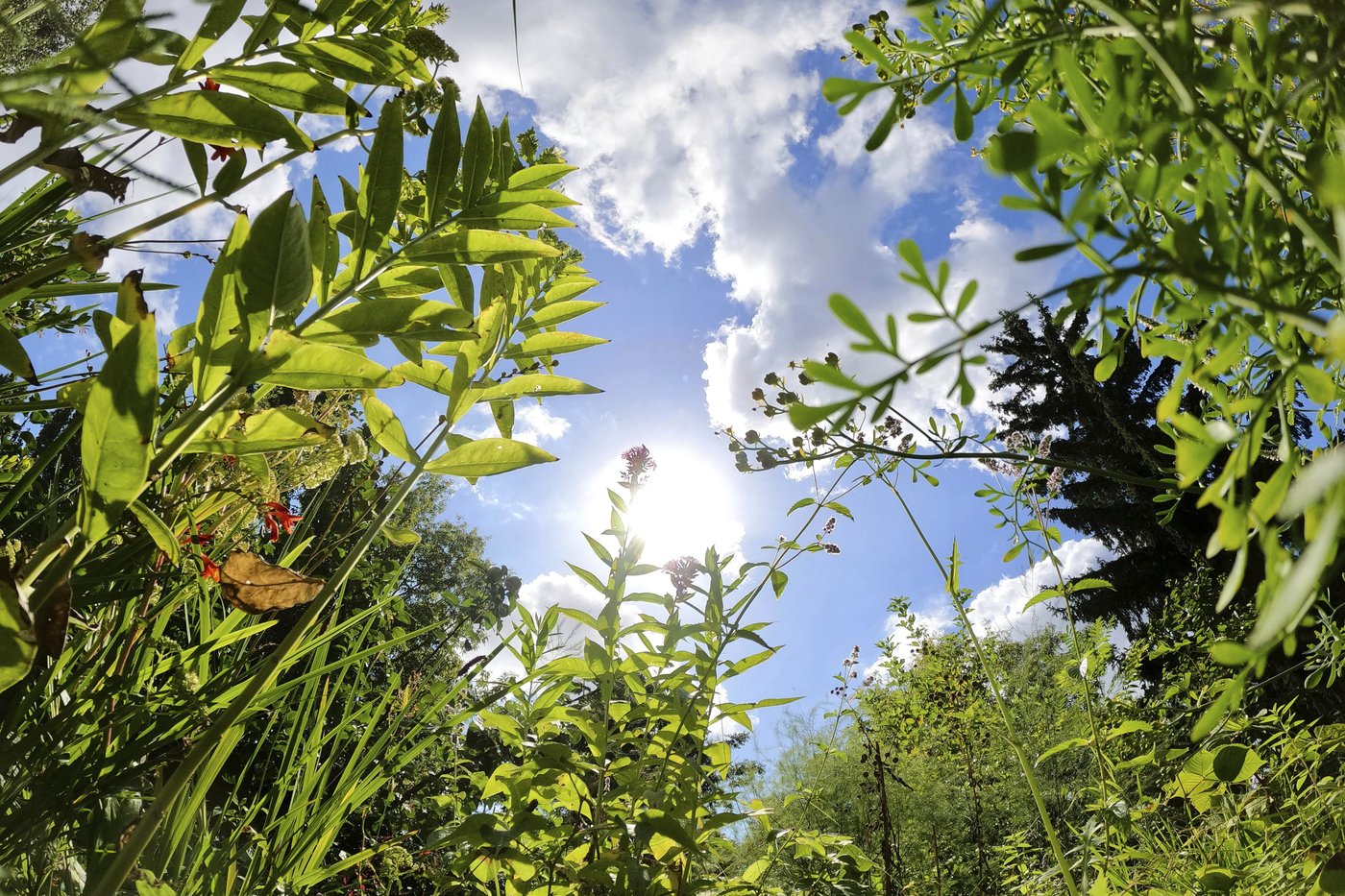
BERLIN (AP) — In a secluded lot next to a former gasworks in suburban Berlin, Martin Rötzel is breathing new life into a tradition of centuries past: the monastery garden.
Rötzel’s Monk Garden is home to between 150 and 200 types of herbs, leaves and trees including many that are unlikely to be found at any German supermarket. There are numerous varieties of mint, oregano and cilantro, hyssop and New Zealand spinach, four-leaf sorrel, yarrow and a local variety of tarragon.
Rötzel has built Monk Garden as a business since 2022, delivering to high-end restaurants that want flavorsome local plants for their dishes. It also organizes “wild herb walks” and workshops showing people how to make skin cream, wine and other items from the plants.
Packed into about 2,000 square meters (21,530 square feet) in Marienfelde, on Berlin’s southern edge, each of the plants has its own flavors and tangs and, in many cases, medicinal properties.
Rötzel, a trained hotelier who also has worked as a dancer, said his knowledge of plants came from his father, while his passion for them goes back to the age of 4 or 5 when he started collecting wild herbs.
During an illness 13 years ago, he deepened his knowledge of herbs and made teas that he said helped him regain his health. He also set up a medicinal monastic garden next to a church in the German capital, mirroring those grown in the Middle Ages to provide plants for food and healing.
“At some point, the knowledge was lost,” which was exacerbated by “the industrialization of food,” Rötzel said. These days, “something like 99% of people don’t know a single name of a plant.”
Rötzel has used his garden to counter that loss since he opened Monk Garden. In addition to supplying restaurants, there are occasional dinners in the garden bringing people together at a table in the middle of the herbs. Five courses are each accompanied by a different herbal tea.
After a first course of crayfish and peas with basil, diner Britta Rosenthal said she wanted to find out “what herbs can do” and “perhaps to become a bit more courageous preparing food, not just with pepper, salt and paprika but also with green fresh stuff.”
Rötzel said he enjoys reviving people’s memories of flavors past.
“Many people, above all older generations, grew up in a way that they still know some things that no longer exist today,” he said. “It’s a pleasure for me when people remember something really special.”
___
Geir Moulson in Berlin contributed to this report.
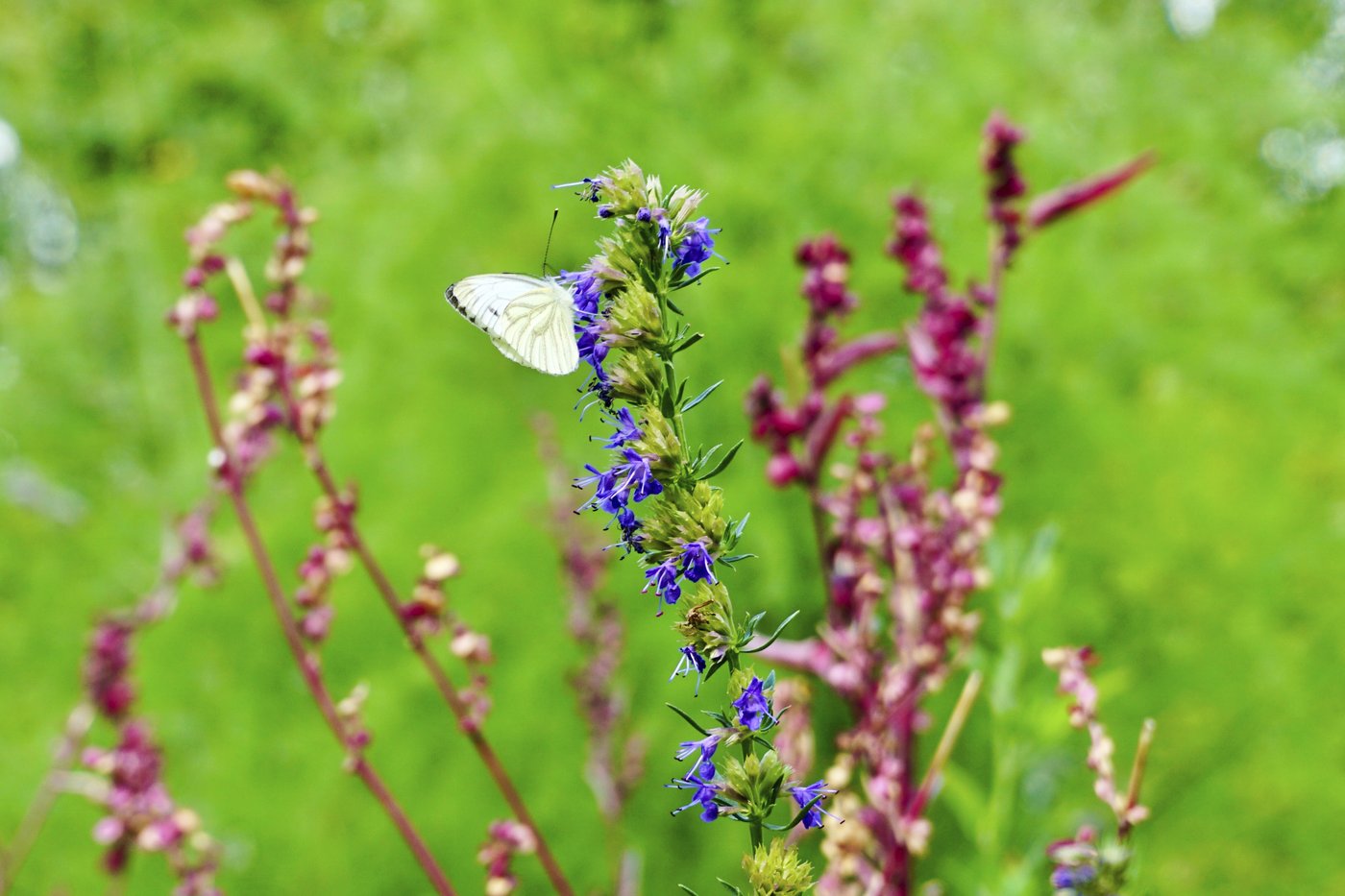
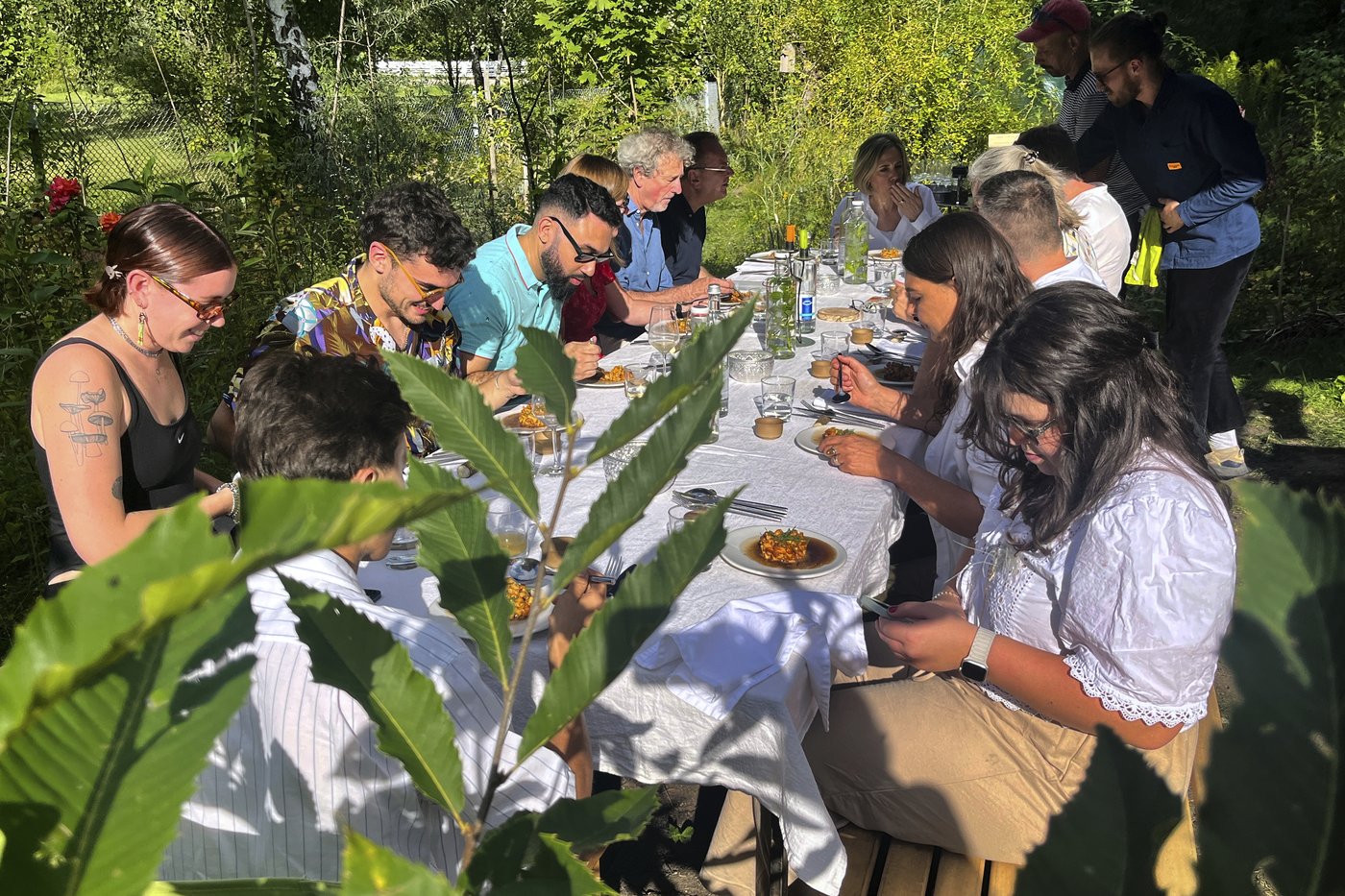
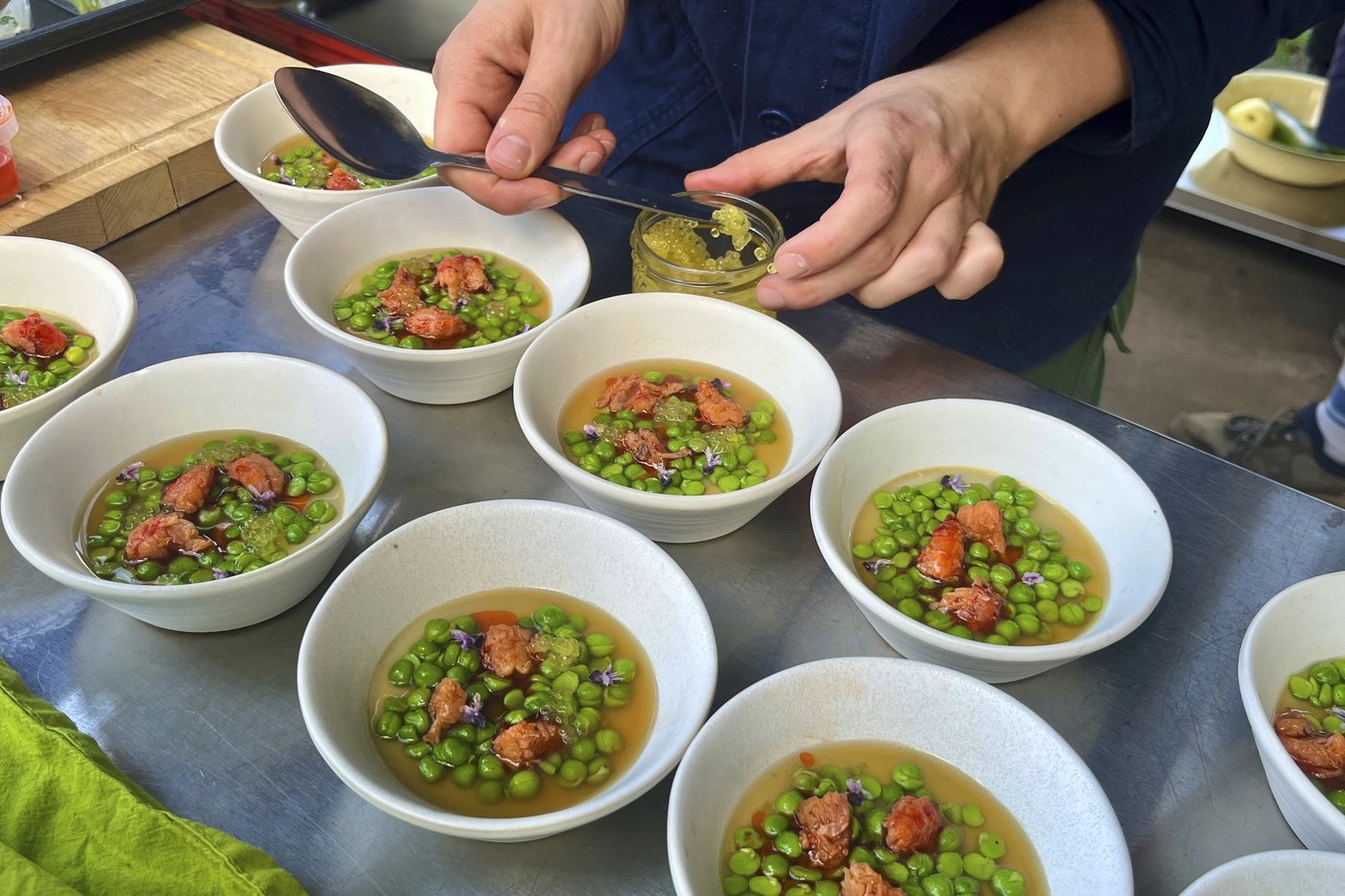
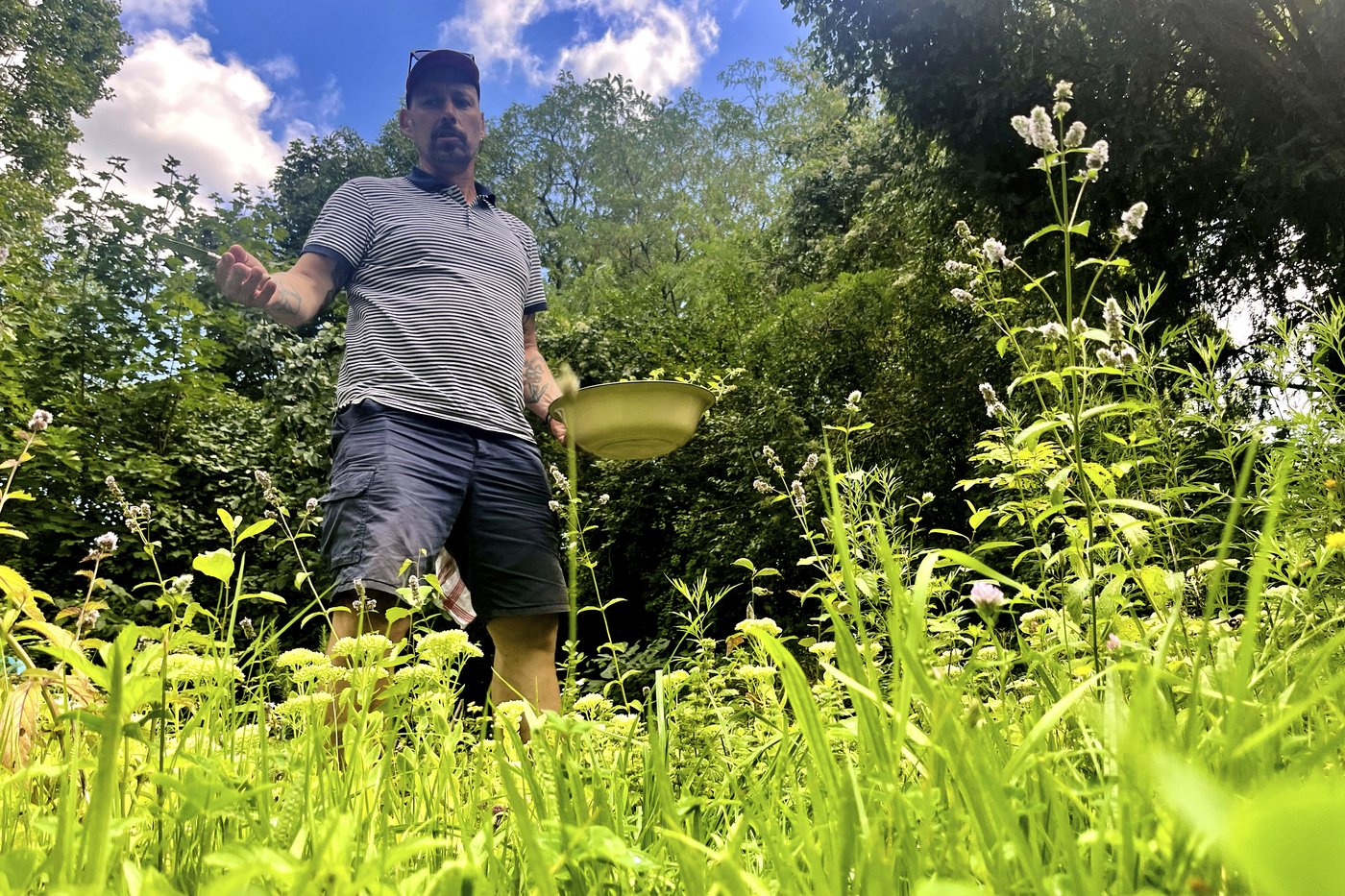
This site is protected by reCAPTCHA and the Google Privacy Policy and Terms of Service apply.
Want to share your thoughts, add context, or connect with others in your community?
You must be logged in to post a comment.